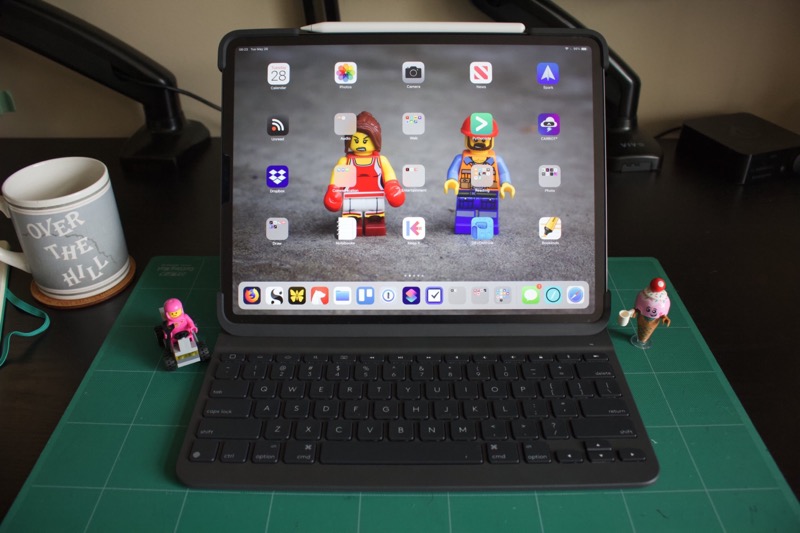In my recent video where I recommended my top five task managers one of the YouTube commenters made an excellent point about the difference between a task that is due and what I plan to do in a day. We often treat these things as the same, when they're totally different things.
A great example is the new course I'm working on for SkillShare on Time Blocking. I kept adding the research task to my calendar and if I didn't adjust the due date my task manager would tell me the task was overdue. But it wasn't, more research was still on my plate for a few weeks in fact. Now that I'm in writing phase, the same idea applies, I want to do the writing but the task is done when it's done and it doesn't truly become overdue at any point in it's life.
Will I Continue with TickTick?
The question above leads me to wonder if I'll continue with TickTick as my task manager of choice. While I love the time blocking features it provides, every time I put a task on the calendar it's now due. Contrast this to using OmniFocus with Calendar, here I can drag a task between the two applications and my calendar will then show that I'm supposed to do the task. It will not become overdue if I don't finish the task, it will just sit there in OmniFocus waiting for me to finally finish the task.
If you want to see what TickTick as all about you can check out my SkillShare course for free.
Most task managers have two dates you can associate with a task. TickTick lets me set a date to be reminded about a task that's independent of the date something is due. Some others that have the same reminders and due date features are:
- Todoist
- Any.do
- Sorted
Both Things3 and OmniFocus have a date you can se which is the earliest day you can do a task, and then a second date that represents the latest day you can finish a task and not considered it overdue. Similar setups exist in:
- 2Do
- Planny 3
Clearly this isn't an exhaustive list of the task managers available, but most I've looked at have two dates you can use to expose your tasks. Additionally, many of them have a duration you can set. I've used this in the past on writing tasks to represent that I want three hours on my calendar to work on something. With OmniFocus and Calendar integration, when you drag a task onto the calendar it will automatically take up three hours of space.
How are you dealing with the difference between due and do for your tasks? Ever since that comment it's been an idea that's been scratching at the back of my head as something to come to terms with.
I Shipped
I've been asked a few times about why I pay for SetApp if I mostly use iOS. True, recently SetApp added iOS support but Monday I shared the applications that I find useful in SetApp.
Today you'll find a look at Information Doesn't Want to Be Free. This covers DRM, and how markets like YouTube are bad for creators because they're the only option. I found the argument about how DRM is not for creators, it's for platform vendors. Platform vendors benefit from DRM because they can lock in customers and they own the relationship and are middle men for creators.
This one almost missed the presses, but over on The Sweet Setup I took an in depth look at TickTick.
